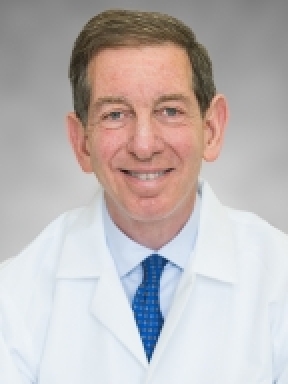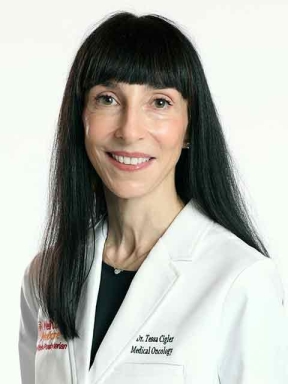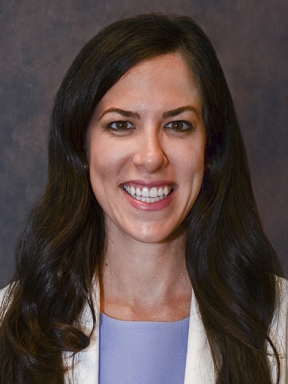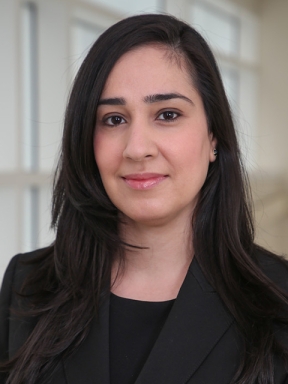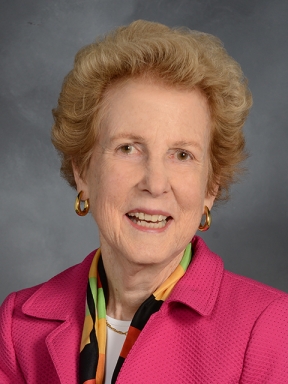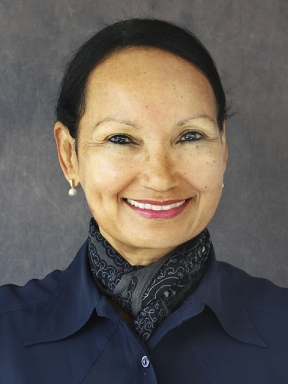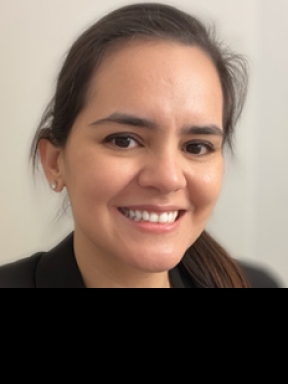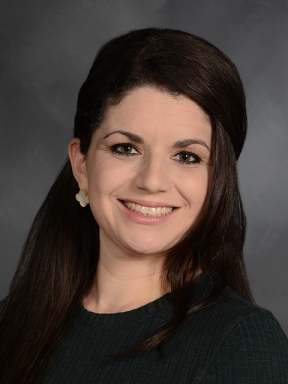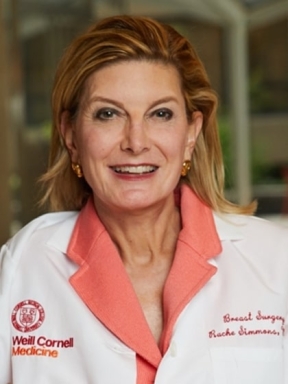Benign (Non-Malignant) Breast Clinic
1283 York Avenue, 4th Floor
New York, NY 10065
156 William Street, 12th Floor
New York, NY 10038
506 Sixth Street
Brooklyn, NY 11215
Changes to your breast may, understandably, cause alarm or worry. Thankfully, most lumps found in the breast are caused by benign (non-cancerous) conditions.
Benign breast conditions affect all genders. Hormone therapies may increase the likelihood of experiencing benign breast conditions. Pregnancy and breast/chestfeeding can cause changes to the breasts that may lead to a benign breast condition.
At the Weill Cornell Medicine Breast Center, our team includes experts in benign breast conditions. We are here to help you enjoy the best possible health and well-being with personalized treatment.
If you experience any changes in your breasts or find a lump, be sure to seek care as soon as possible.
The experts at the Weill Cornell Medicine Breast Center are here to provide a thorough exam to understand the changes and, if needed, diagnose your condition and develop a personalized treatment plan.
Expert, Compassionate Treatment for All Benign Breast Conditions
Our Benign Breast Condition Clinic treats all benign breast conditions (often called breast lumps), including:
● Breast cysts: These fluid-filled sacs are caused by hormones that control the menstrual cycle.
● Fibroadenomas: This type of lump is a benign (non-cancerous) growth that can occur in the breast’s glandular tissue (tissue lining certain internal organs that produces and releases substances into the body).
● Lipomas: Lumps made up of fatty tissue that may occur throughout the body, including the breasts. Lipomas are benign (non-cancerous) and can be large or small.
● Mastitis: This breast infection is caused by bacteria entering the breast through the nipple, causing breast inflammation. This condition is most common during the first six months of breast or chestfeeding.
● Hyperplasia: A condition that occurs from an overgrowth of cells at the milk-producing glands or ducts (small tubes) of the breast. Some types of hyperplasia may increase your risk for developing breast cancer.
● Intraductal papilloma: A condition that occurs when small growths form inside the mammary duct (small tube) near the nipple. Several papillomas occuring at the same time may increase the risk of developing breast cancer. This risk is lowered when the papillomas are surgically removed.
● Mammary duct ectasia: A condition that occurs when the milk ducts become inflamed and swollen. This condition does not increase the risk of developing breast cancer.
Personalized treatment: Many benign breast conditions will go away with time. Other conditions may benefit from treatment options, including medication (such as antibiotics) or surgery.
If you are diagnosed with a benign breast condition that increases your risk of developing breast cancer, our team will closely evaluate your risk and develop a plan for monitoring your health. Learn more about the Weill Cornell Medicine Breast Center High-Risk Breast Clinic and genetic risk assessment services.


